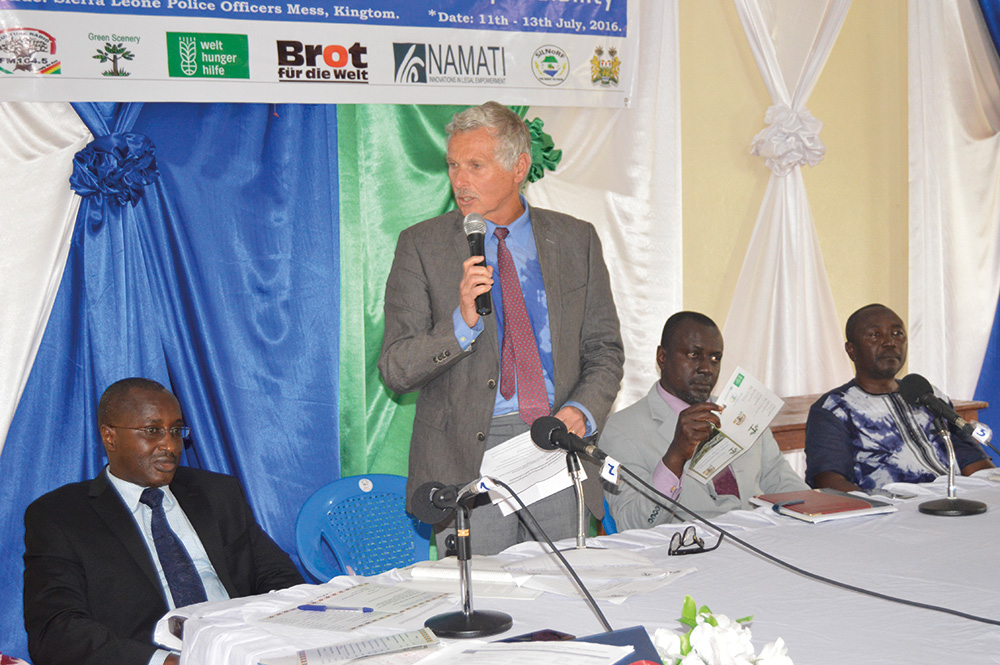Boosting commercial sorghum production and marketing with the "aggregator model"
How can the private sector contribute to the fight against hunger, poverty and malnutrition in the remote areas of sub-Saharan Africa? This article looks at a model that has been applied in Kenya and Tanzania, addressing the right tools, skills and knowledge to make smallholder production a success.








